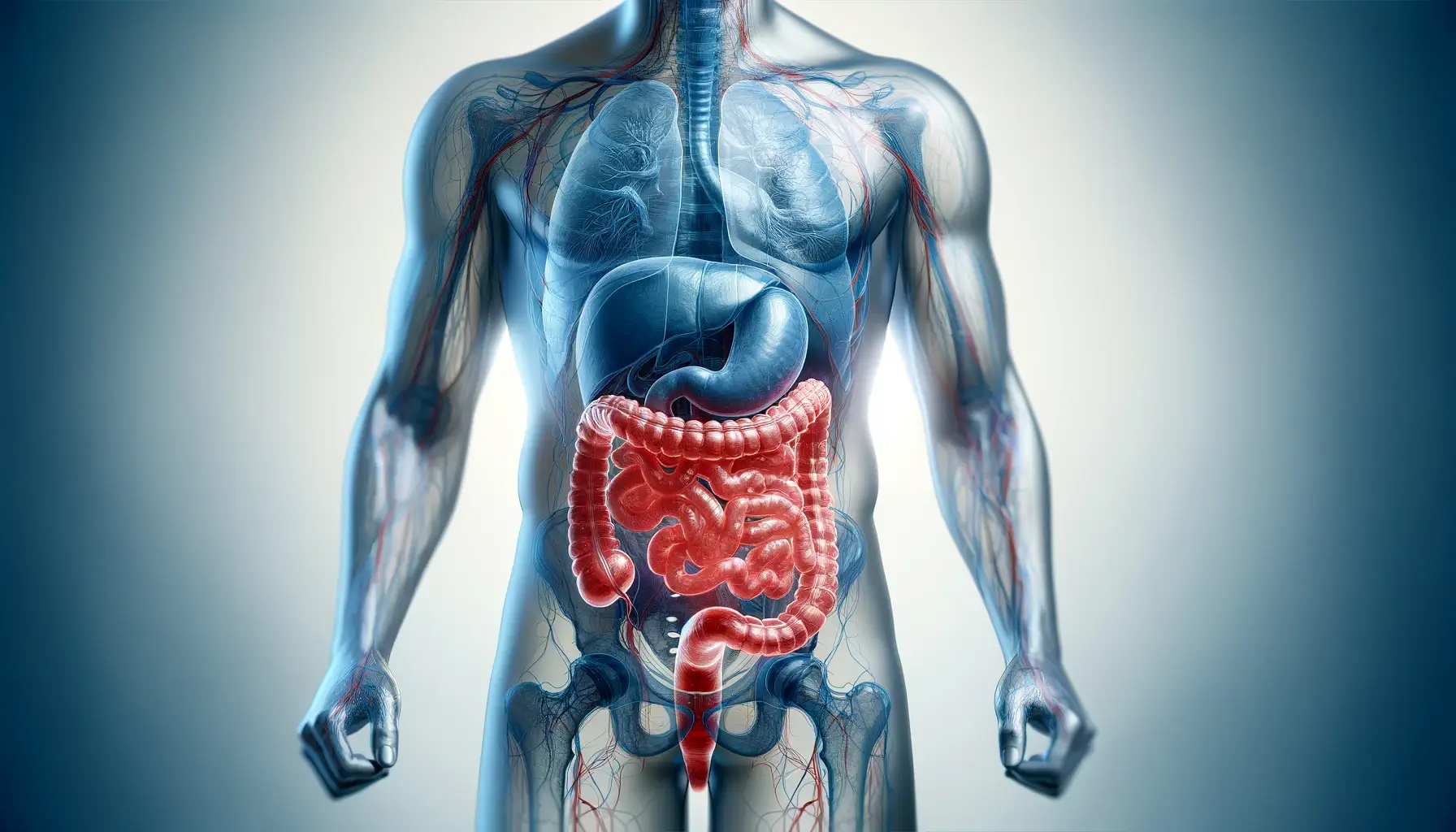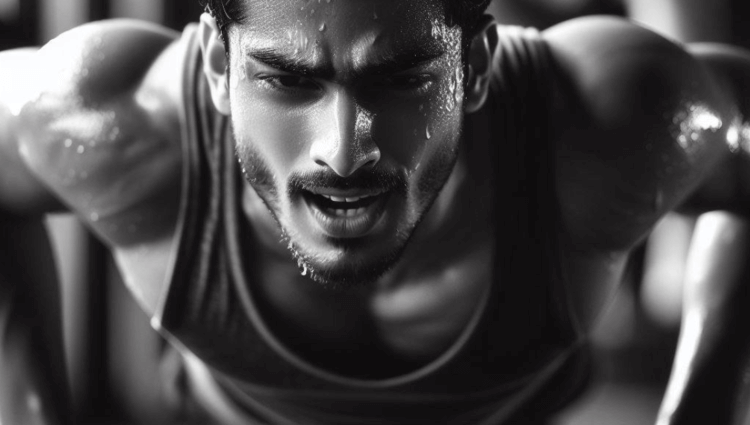Surely many people have heard since childhood that you should not exercise after eating, as this can harm digestion. Unlike many other pieces of advice that we were often given by our mothers and grandmothers as children, there is a scientific explanation for this advice. Intense training after a heavy lunch can indeed result in various unpleasant consequences, such as vomiting. It must be said that the digestive system in general often suffers in professional athletes or those who exhaust themselves with intense training. To minimize the negative effect of excessive exercise, experts recommend following certain rules regarding nutrition.

You shouldn’t overeat before intense workouts in the gym
Contents
- 1 How digestion works
- 2 What exercises are useful after eating
- 3 Why you can’t exercise after eating
- 4 How long after eating can you exercise
How does digestion work
Not everyone knows that digestion begins not when the food reaches the stomach, but much earlier. The fact is that the very thought of food causes the brain to react and fill the mouth with saliva along with digestive enzymes. In the mouth, as a result of chewing and the action of enzymes, food is broken down so that we can swallow it.
Over the next 2-5 hours, the stomach relaxes and contracts, releasing digestive enzymes that continue to break down food until it passes into the intestines. It first passes through the small intestine, then enters the large intestine, and eventually the indigestible residues are eliminated from the body. At the same time, food is digested all the way through the intestines.

To digest food, the digestive system requires blood flow
Secretion of digestive enzymes and peristalsis (wave-like contractions that gradually move food through the intestines). Both of these processes occur when food entering the intestines from the stomach begins to put pressure on its walls. It should be noted that this entire process requires quite a lot of energy, blood flow and interaction between cells. By the way, for this reason, many people want to sleep after eating.
What exercises are useful after eating
So, actively exercising after eating is harmful. But this does not mean that after eating you need to lie down and lie down. Rather, on the contrary, the body requires movement, but moderate. For example, walking is beneficial. Contraction of the abdominal muscles while walking can stimulate intestinal motility.
Moderate physical activity also improves blood circulation and helps the smooth muscles of the intestines contract and relax. Over the long term, moderate exercise helps maintain gut health, allowing for better absorption of nutrients. In addition, physical activity increases the production of nitric oxide, which prevents inflammation.

After active sports, nausea and vomiting may occur
< h2>Why you can’t exercise after eating
As mentioned above, digestion requires blood flow. However, when a person exercises, blood flows to the muscles, lungs and heart. This makes it difficult to digest food because there is not enough blood flow to the stomach and intestines. As a result, a person begins to experience abdominal cramps, heartburn, while general health worsens, and indigestion may occur. In the long term, this can lead to irritable bowel syndrome.
Additionally, when a person exercises intensely, the body releases metabolic byproducts such as lactate and hydrogen ions. During light exercise, a person's body can eliminate these byproducts before they cause any problems. But when a person is actively engaged, the body does not have time to cope with this task. However, the digestive system, to save the situation, may try to get rid of byproducts by vomiting.
Sometimes people experience severe nausea even after a short but intense sprint or after a challenging workout. If the stomach is full, the person is guaranteed to vomit.

After eating you need to wait some time before starting to exercise
How long after eating can you exercise
From all of the above, it is easy to come to the conclusion that you can fully engage in sports no earlier than after 2 hours. If we are talking about a hearty lunch or dinner, it is advisable that at least three hours pass. But you shouldn’t exercise on an empty stomach either.
According to Ricardo da Costa, an associate professor at Monash University in Australia, who has been studying nutrition for athletes for a long time, you should eat a banana and toast 30-60 minutes before training or carbohydrate drink. This will provide an influx of energy and also avoid unpleasant moments with the digestive system. Also, avoid exercising too intensely. This, for example, will not help you lose weight quickly, but it can harm your health.
Follow the link to our ZEN CHANNEL. We have prepared for you a lot of interesting, exciting materials dedicated to science.
Finally, let us remind you that long and grueling exercises are not required for health at all. Short-term loads are enough, as we talked about earlier.